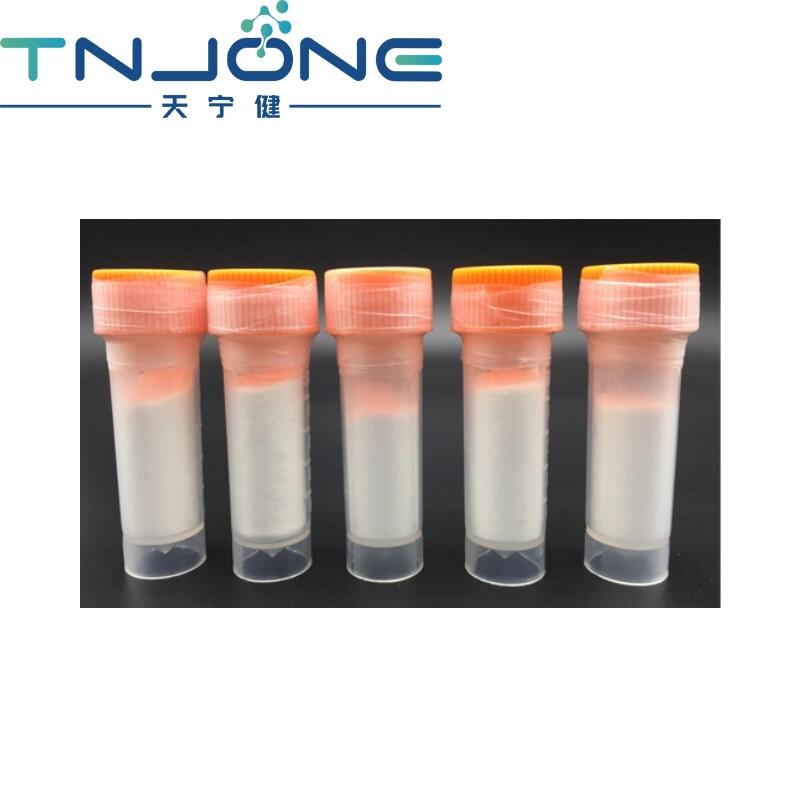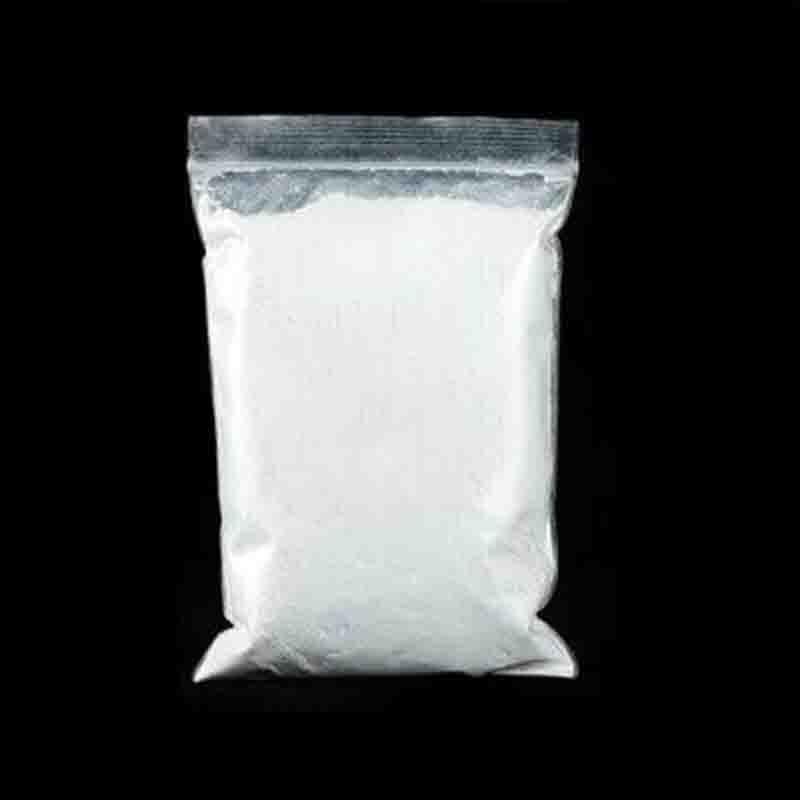-
Categories
-
Pharmaceutical Intermediates
-
Active Pharmaceutical Ingredients
-
Food Additives
- Industrial Coatings
- Agrochemicals
- Dyes and Pigments
- Surfactant
- Flavors and Fragrances
- Chemical Reagents
- Catalyst and Auxiliary
- Natural Products
- Inorganic Chemistry
-
Organic Chemistry
-
Biochemical Engineering
- Analytical Chemistry
-
Cosmetic Ingredient
- Water Treatment Chemical
-
Pharmaceutical Intermediates
Promotion
ECHEMI Mall
Wholesale
Weekly Price
Exhibition
News
-
Trade Service
Blood-based biomarkers are the next challenge in the diagnosis
, prognosis and prediction of Alzheimer's disease (AD) .
Cerebrospinal fluid (CSF) amyloid beta (Aβ) 1-42 or Aβ1-42/Aβ1-40 ratio, tau, phosphorylated tau (p-tau), positron emission tomography (PET) amyloid organisms since 2007 The markers are used as pathophysiological biomarkers in combination with topological biomarkers (clinical, neuropsychological, and brain imaging) to establish AD diagnosis in research and daily clinical practice
diagnostic preventive screening
Recently, plasma Aβ1-42 or Aβ1-42/Aβ1-40 ratio was found to be significantly correlated with CSF Aβ1-42 or CSF Aβ1-42/Aβ1-40 ratio
.
Plasma Aβ1-42 and Aβ1-42/Aβ1-40 ratios can also predict PET amyloid positivity with good sensitivity and specificity in elderly cognitively normal individuals and patients with MCI and AD
Studies on plasma Aβ levels have assessed the benefit of plasma Aβ biomarkers with conflicting results
.
Finally, low plasma Aβ1-42 or Aβ1-42/Aβ1-40 ratios were found to be associated with conversion to dementia in some large community cohorts
In addition to Aβ1-42 and Aβ40, soluble amyloid precursor proteins alpha (sAPPα) and beta (sAPPβ) are also promising new biomarkers in CSF of AD patients30,31 and were recently identified in blood
.
However, these results have not been confirmed in other studies
In this way, Olivier Hanon et al.
from the University of Paris, France, explored the plasma levels of Aβ1-42, Aβ1-40, Aβ1 in a large-scale longitudinal multicenter BALTAZAR (biomarker of amyloid peptide and Alzheimer's disease risk) cohort.
Whether the -42/Aβ1-40 ratio and sAPPα concentration predict the transition from MCI to dementia, especially AD, was followed up for 3 years
.
A total of N = 485 participants with mild cognitive impairment (MCI) in the BALTAZAR study, a large longitudinal multicenter cohort, were followed for 3 years
.
A total of 165 of them developed dementia (95% AD)
They found that convertors had lower plasma Aβ1-42 levels (P value = 0.
03) and lower Aβ1-42/Aβ1-40 ratios (P value = 0.
02)
compared with non-converters .
02)
MCI participants in the highest quartile of Aβ1-42/Aβ1-40 ratio (>0.
169) had a significantly lower risk of switching (adjusted hazard ratio for age, sex, education, lipoprotein Eε4, hippocampal atrophy = 0.
52 (95 % confidence interval [0.
31-0.
86], P value = 0.
01)
.
The significance of the study lies in the findings: In this large cohort of MCI subjects, they identified a threshold for the plasma Aβ1-42/Aβ1-40 ratio that may identify patients at low risk of converting to dementia within 3 years
.
.
Original source:
Hanon O, Vidal J, Lehmann S, et al.
Plasma amyloid beta predicts conversion to dementia in subjects with mild cognitive impairment: The BALTAZAR study.
Alzheimer's & Dementia.
Plasma amyloid beta predicts conversion to dementia in subjects with mild cognitive impairment: The BALTAZAR study.
Leave a comment here







